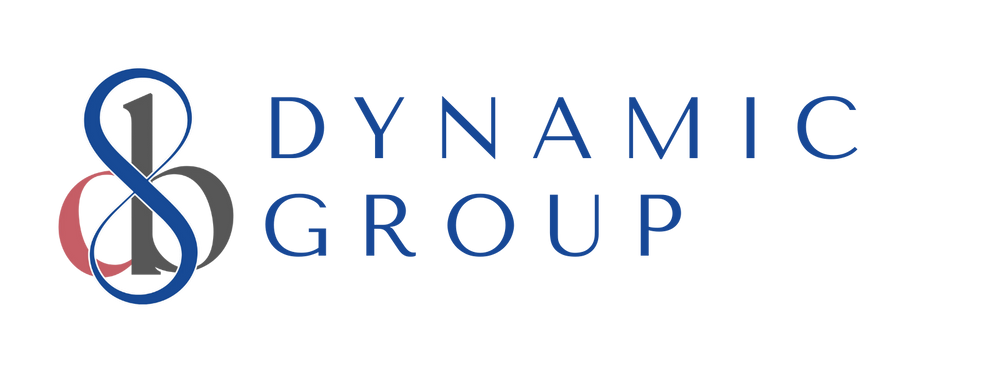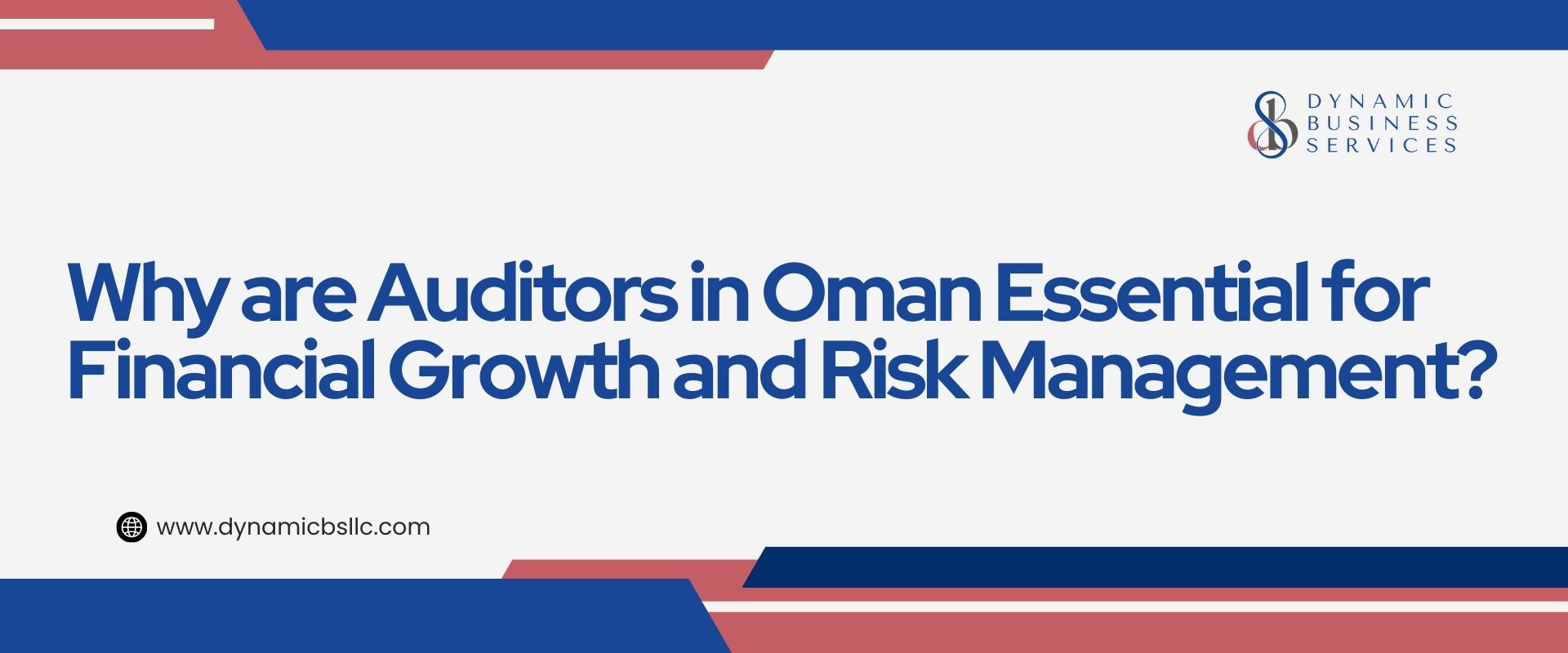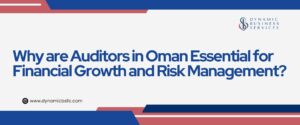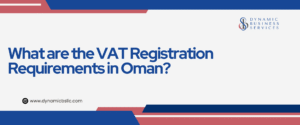The role of auditors in Oman has evolved beyond checking compliance. Today, auditors serve as strategic partners who help companies strengthen governance, reduce risks, and identify opportunities for sustainable growth. In an economy like Oman’s—where transparency, accountability, and financial discipline are crucial—professional auditing ensures that businesses remain competitive while meeting regulatory requirements. This article explains why auditors are essential for economic growth and risk management, with practical insights for entrepreneurs, corporations, and investors.
Table of Contents
The Importance of Auditors in Oman for Financial Growth
Auditors in Oman play a critical role in fostering financial growth by ensuring transparency and accountability in reporting. Their verification builds investor trust, improves access to financing, and helps companies expand sustainably. With credible financial insights, businesses can attract investment and achieve long-term stability in Oman’s growing economy.
Driving Investor Confidence
Auditors provide credibility by verifying the accuracy of financial statements. In Oman, where foreign investment plays a central role in economic diversification, transparency is critical. Verified financials give investors the confidence to inject capital, knowing independent experts are monitoring the company. This trust strengthens the flow of investment into Omani companies.
Enhancing Access to Finance
Banks and financial institutions in Oman often require audited accounts before granting loans or credit facilities. Auditors ensure that financial records reflect true performance, which helps businesses secure financing. With accurate audits, firms can access favorable credit terms and expand more efficiently in local and regional markets.
Supporting Business Expansion
Auditors play a key role in helping Omani businesses prepare for mergers, acquisitions, or partnerships. By ensuring financial clarity and compliance with international standards, auditors create the conditions for expansion into GCC and global markets. Their independent assessment builds confidence among stakeholders.
Auditors and Risk Management in Oman
Risk management is essential for businesses operating in Oman’s competitive market. Auditors help identify vulnerabilities, monitor compliance, and prevent fraud. By ensuring accurate financial records and stronger internal controls, auditors reduce exposure to operational, legal, and regulatory risks, enabling companies to safeguard resources while focusing on expansion and innovation.
Identifying Financial Risks
Risk management begins with identifying potential threats to financial health. Auditors in Oman analyze internal controls, accounting systems, and reporting structures to pinpoint vulnerabilities. This proactive approach helps businesses address risks before they turn into costly problems.
Preventing Fraud and Mismanagement
Fraudulent activities and mismanagement can destabilize companies. Auditors provide oversight by conducting regular checks, testing compliance, and reviewing financial transactions. In Oman, where regulatory compliance is strict, this function safeguards organizations from financial scandals and reputational damage.
Ensuring Regulatory Compliance
Oman’s business environment is guided by strict tax and corporate regulations. Auditors help firms comply with requirements such as VAT, corporate tax filings, and international accounting standards. By aligning with regulations, businesses avoid penalties while maintaining credibility with stakeholders.
The Role of Auditors in Strengthening Governance
Strong governance is at the heart of every successful business. Auditors in Oman enhance governance by improving internal control systems, encouraging ethical practices, and aligning financial processes with global standards. Their role ensures accountability, reduces risks of mismanagement, and establishes a transparent environment that supports sustainable growth and compliance.
Building Strong Internal Controls
Auditors review company processes and recommend improvements in internal control systems. Strong governance ensures accountability and minimizes errors or fraudulent practices. In Oman, this is especially critical for family businesses and SMEs seeking long-term sustainability.
Promoting Ethical Business Practices
By providing independent oversight, auditors encourage transparency and integrity in corporate decision-making. This culture of ethics improves reputation and fosters trust among customers, suppliers, and regulators, which directly contributes to financial growth.
Aligning with International Standards
Auditors ensure that companies in Oman adhere to International Financial Reporting Standards (IFRS). This alignment positions businesses to operate competitively across borders and attract foreign investment partners who rely on standardized reporting.
Types of Auditing Services in Oman
Businesses in Oman rely on different auditing services to meet compliance and operational needs. External audits provide independent validation, while internal audits enhance efficiency. Compliance audits ensure regulatory alignment, and forensic audits investigate fraud. These services together build credibility, protect assets, and help organizations manage risks across all levels.
External Auditing
External auditors conduct independent evaluations of financial statements, ensuring accuracy and compliance with regulatory frameworks. This type of auditing is essential for investors, lenders, and regulators to trust company financials.
Internal Auditing
Internal auditors focus on improving internal processes and risk management. They help organizations in Oman enhance efficiency, streamline operations, and prevent financial irregularities. Internal audits are crucial for companies planning expansion or restructuring.
Compliance Auditing
Compliance audits focus on whether businesses follow local laws and international standards. In Oman, auditors ensure alignment with tax regulations, anti-money laundering laws, and corporate governance frameworks. This reduces exposure to legal risks.
Forensic Auditing
Forensic audits investigate fraud, embezzlement, or financial disputes. They provide evidence for legal proceedings and strengthen organizational integrity. In Oman, forensic auditing has become increasingly important as businesses grow in complexity.
Auditors’ Contribution to Business Growth Strategies
Auditors in Oman are not limited to compliance—they offer strategic insights that guide growth. Their analysis identifies cost-saving opportunities, highlights profitable segments, and strengthens decision-making. By improving efficiency and ensuring accurate reporting, auditors position businesses to secure funding, expand globally, and maintain resilience in Oman’s competitive and evolving economy.
Providing Strategic Insights
Auditors analyze financial performance trends, highlighting areas of profitability and inefficiency. Their insights allow business leaders to make informed decisions about cost reduction, expansion, and resource allocation.
Enhancing Operational Efficiency
Through risk assessments and internal audits, auditors identify operational bottlenecks. Businesses that act on these findings achieve improved efficiency, reduced costs, and greater competitive advantage in Oman’s growing economy.
Facilitating Global Expansion
Auditors ensure compliance with international financial reporting, making it easier for Omani companies to expand globally. Transparent financial practices reduce entry barriers in foreign markets and support cross-border partnerships.
Auditors and Risk Mitigation in Oman
Auditors are central to minimizing risks in Omani businesses. They ensure financial transparency, prevent fraud, and reduce exposure to regulatory penalties. By examining processes and recommending improvements, auditors strengthen operational resilience. Their expertise allows companies to anticipate challenges, protect assets, and maintain confidence among stakeholders and international partners.
Financial Risk Mitigation
By ensuring accurate reporting and proper tax filings, auditors reduce exposure to financial penalties. They help companies manage cash flow effectively, preventing liquidity crises that could jeopardize growth.
Operational Risk Control
Auditors review supply chains, procurement systems, and internal operations. Identifying weaknesses in these areas prevents costly disruptions, ensuring stability and efficiency in day-to-day business activities.
Legal and Regulatory Risk Management
Auditors help businesses stay compliant with Omani laws and global standards. This reduces the risk of lawsuits, penalties, or government sanctions, enabling companies to focus on long-term strategies.
How Auditors Support SMEs in Oman
Small and medium enterprises form the backbone of Oman’s economy. Auditors support SMEs by validating accounts, helping them secure financing, and improving governance. Their guidance ensures compliance with regulations, builds investor trust, and facilitates access to government incentives. With auditor support, SMEs can grow stronger and compete more effectively.
Building Investor Trust for SMEs
Small and medium enterprises often struggle to attract investors. Auditors give SMEs credibility by validating financial records. This improves investor confidence and makes it easier to secure funding.
Helping SMEs Access Government Support
Government programs in Oman often require audited accounts to determine eligibility. Auditors ensure SMEs meet these requirements, allowing them to access grants, incentives, or subsidies that promote growth.
Strengthening Family-Owned Businesses
Family businesses dominate Oman’s private sector. Auditors provide transparency in financial reporting, reducing conflicts and ensuring smooth succession planning across generations.
Technology and the Future of Auditing in Oman
Digital transformation is reshaping auditing in Oman. Auditors now use AI, blockchain, and advanced analytics to detect anomalies faster and improve accuracy. Technology-driven audits strengthen compliance monitoring, enhance data security, and reduce operational costs. This innovation ensures businesses remain efficient, future-ready, and resilient in a rapidly changing financial landscape.
Digital Transformation in Auditing
Technology has modernized auditing in Oman. Tools like AI, blockchain, and data analytics enable auditors to detect anomalies quickly and improve accuracy in financial reporting.
Automating Compliance Monitoring
Auditors increasingly use software solutions to monitor compliance in real-time. This automation reduces human error, strengthens reporting efficiency, and lowers operational costs for businesses.
Enhancing Data Security
Auditors also assess cybersecurity risks. With businesses in Oman adopting digital platforms, auditors help safeguard sensitive data against breaches and ensure compliance with data protection laws.
Why Choosing the Right Auditor in Oman Matters
Selecting the right auditor in Oman is crucial for long-term success. Experienced auditors offer expertise in local regulations and international standards, delivering accurate insights and compliance assurance. The right choice provides businesses with a trusted partner who strengthens financial systems, supports decision-making, and drives sustainable growth across all sectors.
Experience in Local and International Standards
Auditors with experience in both Omani regulations and global financial standards provide the most value. Their dual expertise ensures compliance and positions companies for international expansion.
Industry-Specific Expertise
Different sectors—oil and gas, manufacturing, healthcare, or logistics—have unique compliance challenges. Auditors familiar with sector-specific requirements provide tailored solutions.
Long-Term Strategic Partnership
A good auditor is more than a compliance officer—they are a partner in financial growth—businesses in Oman benefit from choosing auditors who offer advisory services alongside traditional auditing.
Conclusion
Auditors in Oman are essential pillars of financial growth and risk management. They strengthen investor confidence, improve operational efficiency, and protect businesses from economic, legal, and operational risks. By ensuring compliance with both local and international standards, auditors enable companies to expand across borders while maintaining transparency. In a dynamic economy like Oman’s, auditors are not just financial watchdogs—they are trusted advisors shaping long-term business success.
FAQs
What is the role of the auditor in risk management?
Auditors identify risks in financial reporting, operations, and compliance. They recommend controls that minimize the impact of these risks, ensuring stability and long-term success.
Why is audit risk so important to auditors?
Audit risk reflects the possibility of overlooking material misstatements. Minimizing this risk is critical to maintaining the credibility of financial statements and protecting stakeholders.
What is the role of auditing in financial management?
Auditing ensures that financial statements are accurate, reliable, and compliant with laws. It helps management make better decisions while fostering investor and lender trust.
Why are auditors necessary?
Auditors provide independent verification of financial data, reduce fraud risks, and ensure compliance. Their role is essential for transparency, credibility, and economic growth.
What is the main purpose of an auditor?
The main purpose of an auditor is to ensure that financial statements are accurate, complete, and prepared in compliance with applicable standards and regulations.








